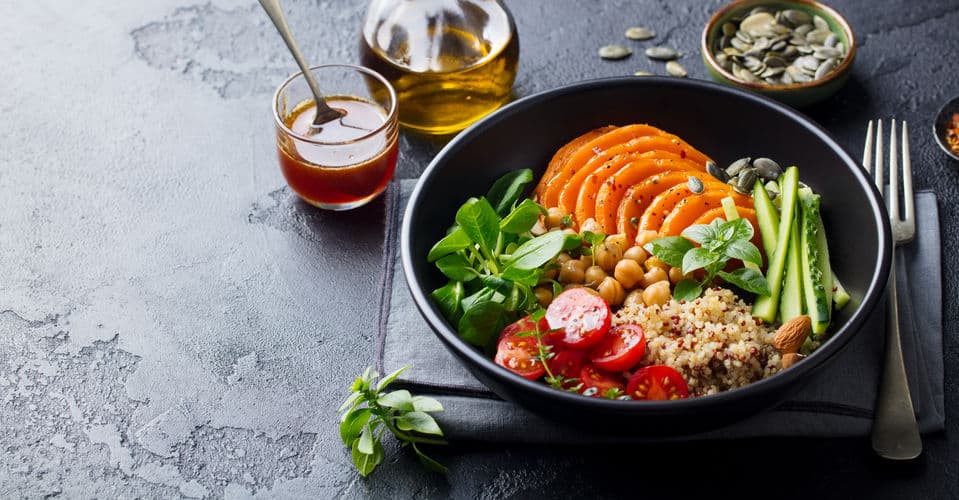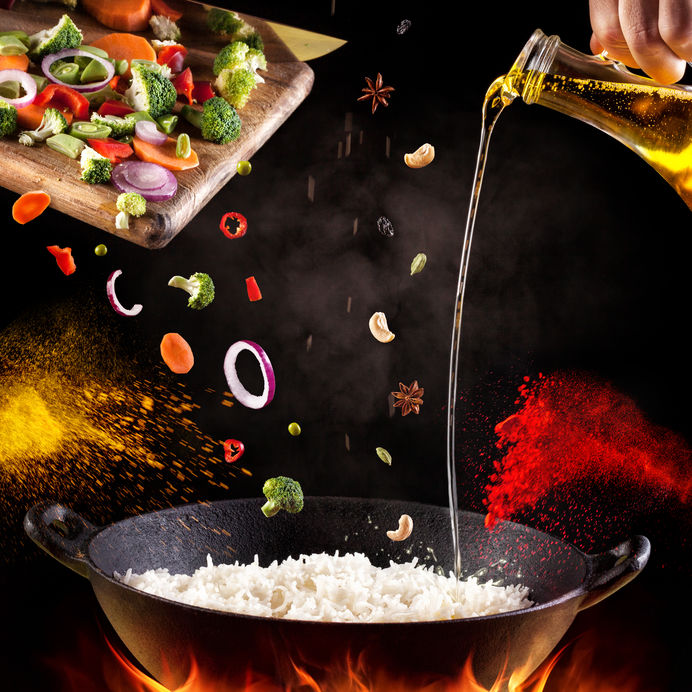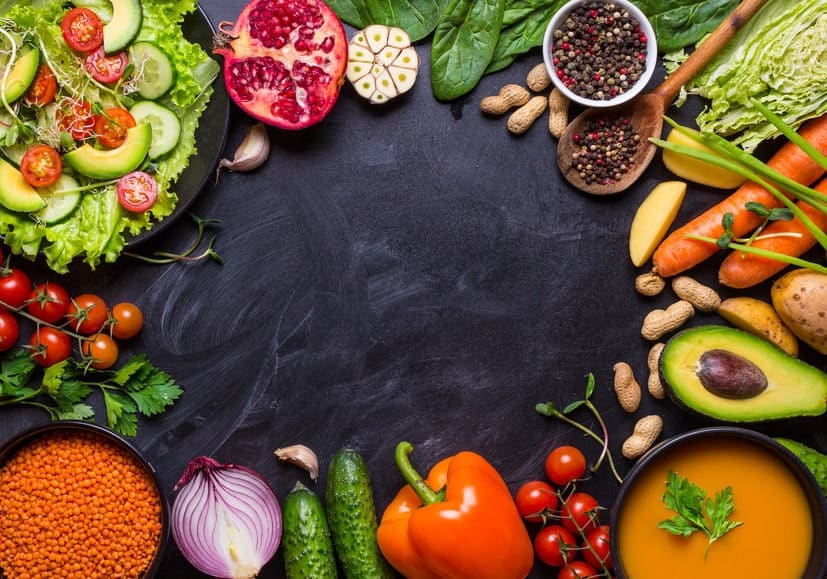Ayurvedic Cooking

Ayurvedic Cooking Classes feature a hands-on approach to cooking a well-balanced, healthy, and a delicious food right in your home. Ayurvedic Cooking Classes are designed to help you explore the exotic spices and their medicinal, therapeutic benefits and its use according to your doshas.
Classes can be tailored according to your health needs whether you have dietary restrictions, are vegan, lactose-intolerance or anything in-between.
We are here to help support you on your path to wellness.
Principles of Ayurvedic Nutrition
Ayurvedic dietetics uses food to balance the physical, emotional, mental and spiritual aspects of human life. The principles of dietary guidelines are based on tastes, qualities, energetics of the food. The three energetics are sattva, rajas and tamas. Sattva quality bring calmness and peacefulness. Rajas quality makes the mind and body active and tamas quality makes it dull. Eating a diet predominant in sattva quality is important to balance the mind. The rajas and tamas qualities are useful in certain situations. Sattva predominant foods include most fresh vegetables and fruits along with basmati rice, mung beans, fresh milk products and ghee. Rajasic foods include most spices, many grains and beans, potatoes, tomatoes and sour fruits. Tamasic foods include canned, processed, preserved and fermented food, stale, overripe foods as well as mushroom, eggs, and meat.
Preparation and Cooking techniques:
Cook your food in a loving, compassionate, and sacred way, whilst chanting or singing mantras. Food becomes healing to anyone who cooks with love and sattvic mind.


Food Guidelines:
- Eat your food with total awareness and attention.
- Enjoy its energy, flavors and texture in your mouth.
- Do not watch TV or discuss politics etc.
Ayurveda says that one anjali(two handsfuls) of food is generally the ideal amount to eat at a main meal. The capacity of stomach is three anjali, so this allows one for food, one for water and one for air. Space is needed to churn the food and water in the stomach. Ayurveda sutra says the appropriate quantity of food depends upon the strength of Agni (your digestive fire).
Ayurveda also put great emphasis on six tastes in your daily diet. Six tastes according to Ayurveda are Sweet, Sour, Salty, Pungent, Bitter and Astringent. These six tastes comprising of five elements (with predominant elements in each taste) have certain actions during the digestion, absorption and assimilation process of food. Most digestive disorders begin with poor food combination. Ayurveda offers a logical approach for balanced diet that is based on three doshas in one’s constitution.
Classes are organized according to the following
- Setting up Ayurvedic Spices in your cabinet
- Benefits of Spices for your specific doshas
- Tips on enhancing your Agni (Digestive Fire)
- Mantras and Energetics: Adding healing energy to the food
- Cooking two to three dishes: Guidance on right food combination
Consult with Anjana if you have any health concerns to discuss and understand the right choices of food for you.
Email us at info@aryavedic.com
Book Appointment
Ayurveda places great emphasis in maintaining the health by correcting diet, lifestyle, right thinking and using natural herbs . Every person is considered unique and is born with certain physical, emotional and mental characteristics that decides one’s constitution.
